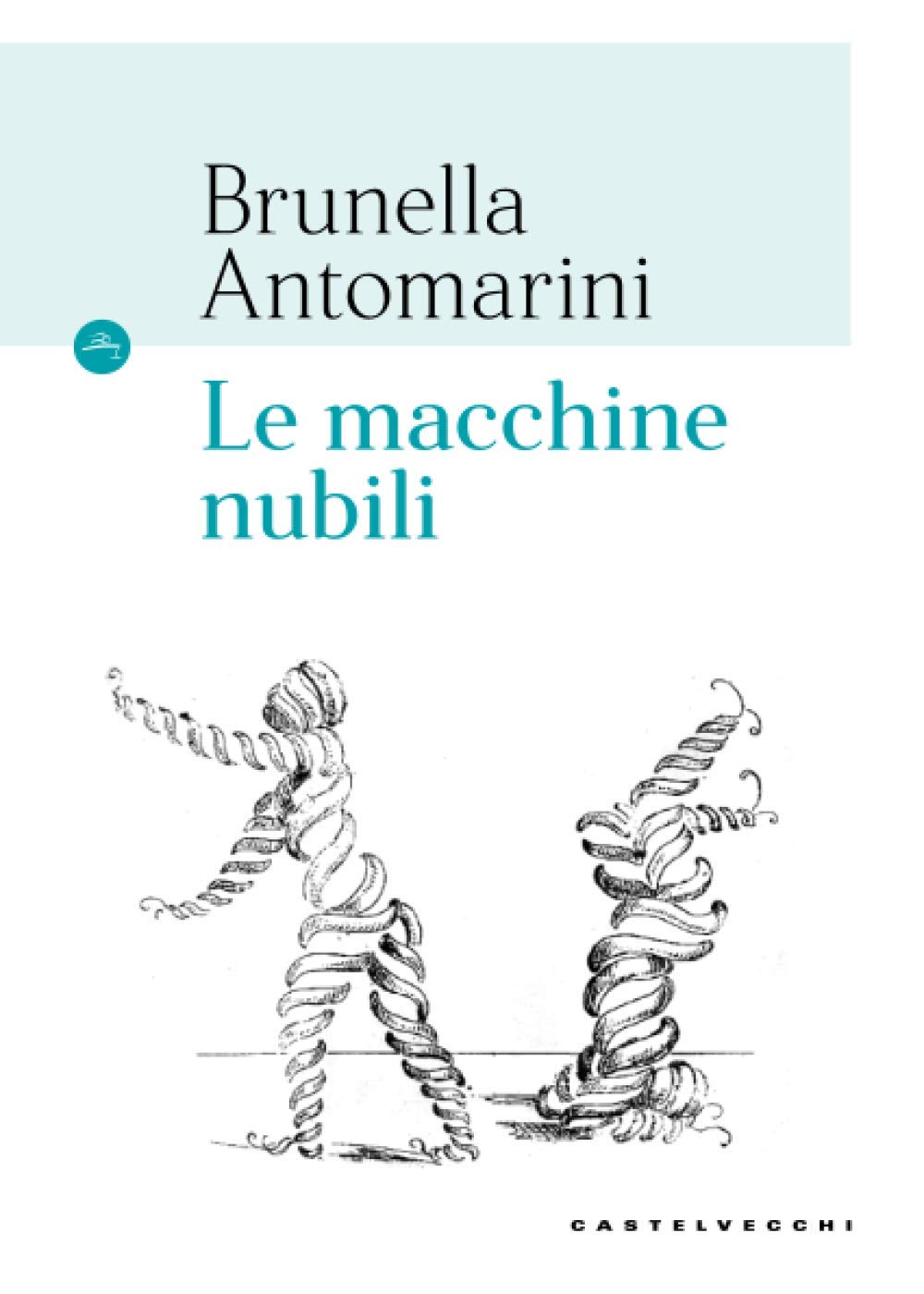Le macchine nubili (Maiden Machines): a New Book by Philosophy Professor Brunella Antomarini

Le Macchine Nubili by Brunella Antomarini
JCU philosophy professor Brunella Antomarini’s new book Le macchine nubili (Maiden Machines) was recently published by Castelvecchi Editore. The author of numerous books and articles, Professor Antomarini describes her latest effort as a work of theory fiction, a “hybrid book about hybrids.”
The story takes place in a future where robots have taken over the planet and the few humans left are confined into gardens to be studied. In the book, the machines discuss their origins through a philosophical lens, in an attempt to find their telos, or ultimate purpose.
Antomarini includes some famous ‘maiden machines’ in her book. Among them, Palomilla is a machine that reacts to light pulses, invented in the 1940s by the father of cybernetics Norbert Wiener (1894-1964). Rachael is a replicant in Ridley Scott’s 1982 movie Blade Runner, and Sophia is the most advanced robot with human features, developed in 2015 by Hanson Robotics in Hong Kong.
Why did you choose this title?
“Le macchine nubili” is the equivalent of machines célibataires, or bachelor machines, which was what Cubist/Dada artist Marcel Duchamp (1887-1968) called his artworks. This title is a way to blur the alleged distinction between natural and artificial, true and false, feminine and masculine, etc.
I had this idea of a character who is both feminine and artificial. I found out that in literary history or even in the history of science there have been so many such characters, which are machines, automata, or robots to whom their creators (male scientists) had given female names (though machines have no gender). And these have become the protagonists who think and speak from the future.
How can we think about technology through a philosophical lens?
There are many different ways to think of it and it is an ongoing issue among philosophers today. Also, at JCU we hold workshops about it, in the context of post-human research. In my view, technology has always accompanied human lives throughout evolution. The question no longer revolves around the emergence of new technologies, but their accelerated development. Undoubtedly, they are changing our lives. But I find it is a bourgeois intellectualist attitude to criticize the change, mainly due to the late twentieth-century critical-thinking attitude. Instead of demonizing science and technology in the name of an antiquated idea of ‘nature,’ what should be argued is the political-economic problem of who owns the technologies. So the book does not consider these machines from a negative perspective. The technologies are neither good nor bad; their value depends on how they are used.
The story is set in a future dominated by machines/robots, where very few humans are left. Do you think we are headed in that direction?
When I see a sci-fi movie, I don’t really ‘believe’ in the dystopia/utopia that is shown. Mine is a suggestion, or a warning, or a description of what is simply possible. Philosophers observe reality from a distance. If men have always been the protagonists of history, and if machines change our lives, we can imagine an upheaval and a world in which a trans-gendered or non-gendered species runs it.





